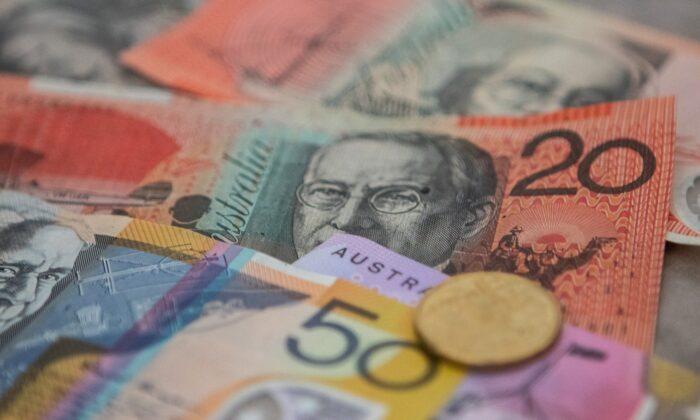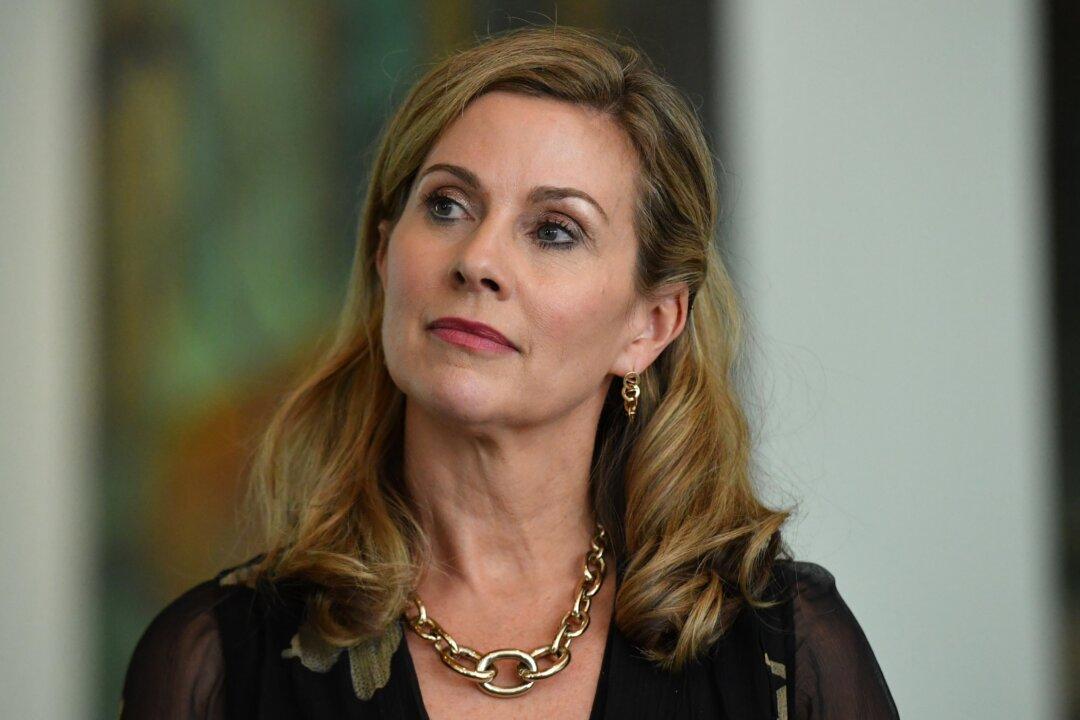Industry groups have criticised the decision to increase Australia’s minimum wage to $20.33 (US$15.45) per hour, saying it was hard to fathom the move given there were still businesses struggling from the COVID recession.
Innes Willox, the CEO of Australian Industry Group (Ai Group), said that a 2.5 percent increase was too much for employers in the current environment.
He called the wage increase unwarranted as the latest inflation figures were at 1.1 percent while wages rose at an average rate of 1.5 percent.
“On a purchasing power parity basis, Australia has the highest national minimum wage in the world,” Willox said. “The increase will put even more distance between Australia’s national minimum wage and minimum wages in other countries.”

The Australian Council of Trade Unions (ACTU) said they were pleased with the outcome, despite originally seeking a 3.5 percent increase. However, the union was disappointed that the rise was delayed in some industries.
ACTU Secretary Sally McManus called for wage suppression in the country to stop, saying there could not be an economic recovery without wages recovery.
“Suppressing wages hurts the economic recovery, and it hurts working people, their families, and communities,” McManus said.
The Australian Retailers Association (ARA) said they were disappointed that the Commission made the decision amid continued uncertain economic conditions.
ARA CEO Paul Zahra said ARA’s submission supported a minimum wage decision this year but that any increase should have been in line with inflation.
In 2020 during the height of CCP virus restrictions, the Fair Work Commission made the decision to increase minimum wages by 1.75 percent.
Since 2019, Australia’s minimum wage has been the highest out of all OECD countries on the basis of purchasing power.





